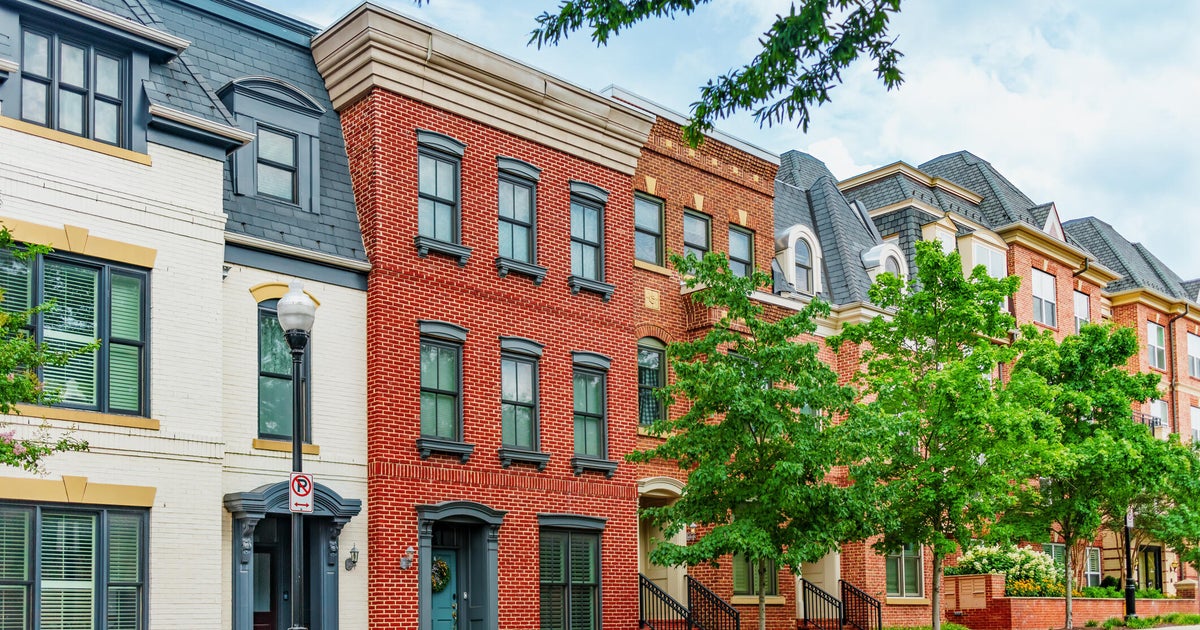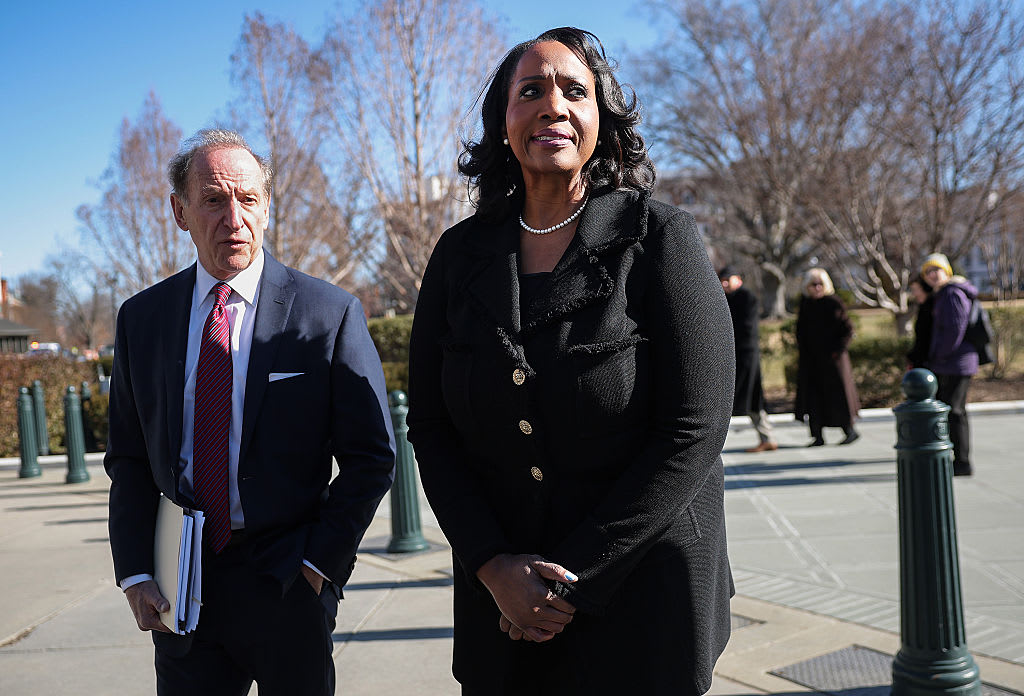Here's how much homebuyers will save if they wait for rates to drop
Over the past few years, mortgage rates climbed steeply compared to the record-low days of the pandemic, and that — coupled with rising home prices and high inflation — has made for quite the challenge for hopeful homebuyers. Fortunately, though, that could be changing soon.
Inflation has been improving over the last three months, and mortgage rates dropped slightly in tandem. A lackluster jobs report then caused mortgage rates to dip even further, with rates hitting a 15-month low. But the Federal Reserve has also indicated a cut to its federal funds rate could be in the cards this fall, which would likely equate to even lower mortgage rates.
That, in turn, begs the question: Should homebuyers (or refinancers) wait it out for those rates to come to fruition? And if they do, how much could they potentially save?
Ready to lock in a mortgage rate? Start comparing your top mortgage loan options online now.
Here's how much homebuyers will save if they wait for rates to drop
Here's what experts had to say about homebuyers' potential to save on a mortgage loan if they wait for mortgage rates to drop further.
Rates might not fall significantly
If the Fed lowers rates, it will reduce mortgage rates, too, experts say — but we may not see as big of a dip as some expect.
"Rates have already started falling ahead of a Fed rate cut. The economy is slowing down, which lowers inflation. As inflation drops, so do mortgage rates," Debra Shultz, vice president of lending at CrossCountry Mortgage's The Shultz Group, explains.
But just how low will they go? That's less clear.
The Fed is likely to reduce its rate by only a small amount at the start — about 25 basis points to 50 basis points (so 0.50% to 0.25%). In fact, the CME Group FedWatch Tool, which predicts future Federal Reserve moves, has the chances at about 50-50 for its September meeting. This could mean an equally small decline in mortgage rates, too.
Industry forecasts back that up. Fannie Mae currently expects the year to end with a 6.7% average rate, while the Mortgage Bankers Association predicts a slightly lower 6.6% average.
Beyond the end of the year, rates may fall further.
"I believe the slow and steady decline will continue into 2025, where we could see average rates drop by as much as 1% or more by the end of 2025," says Darren Tooley, a loan officer and sales manager at Union Home Mortgage. "That would put average interest rates in the low 6% range and on the cusp of breaking beneath 6%."
Find out how affordable the right mortgage loan could be today.
It depends on your loan amount
While those 2024 rate cuts might not seem huge, even slightly lower mortgage rates can still help in the affordability department — especially if you need a larger loan amount. Between today's low housing supply and rising prices, this might be the case for many buyers.
"As home prices have climbed over the years, so has the average loan balance," Tooley says. "What you can save by reducing the rate on your mortgage by 0.5% on a $450,000 loan is going to be much greater than the 0.5% savings on a $175,000 loan."
He's right: On a $450,000 30-year loan, the difference between a 7% rate and a 6.5% rate would save you about $150 per month and nearly $59,000 in long-term interest charges. On a $175,000 loan, the savings would be significantly lower: $58 per month and about $21,000 in interest.
Trying to time your purchase isn't always best
If you can wait until 2025, when mortgage rates are potentially even lower, the savings may grow. MBA predicts a 6.2% rate by the end of next year, while Fannie Mae's forecast is at an even 6%.
"There's no way of knowing how low rates will go," says John Aguirre, a mortgage broker at Loantown.
There's also a chance that lower rates drive much higher demand from buyers — which would drive up home prices in tandem. This could make waiting it out a moot point.
"Buyers have been sitting on the fence waiting for rates to fall the last few years," Shultz says. "There's a lot of pent-up demand, but low inventory. As rates fall, more buyers will enter the market, and hello competition. You'll see more bidding wars, which will drive up prices."
For this reason, experts generally don't recommend trying to time the market and instead recommend focusing on when the timing is right for your budget and lifestyle needs. If the number works, pull the trigger. You can always refinance later if rates drop.




